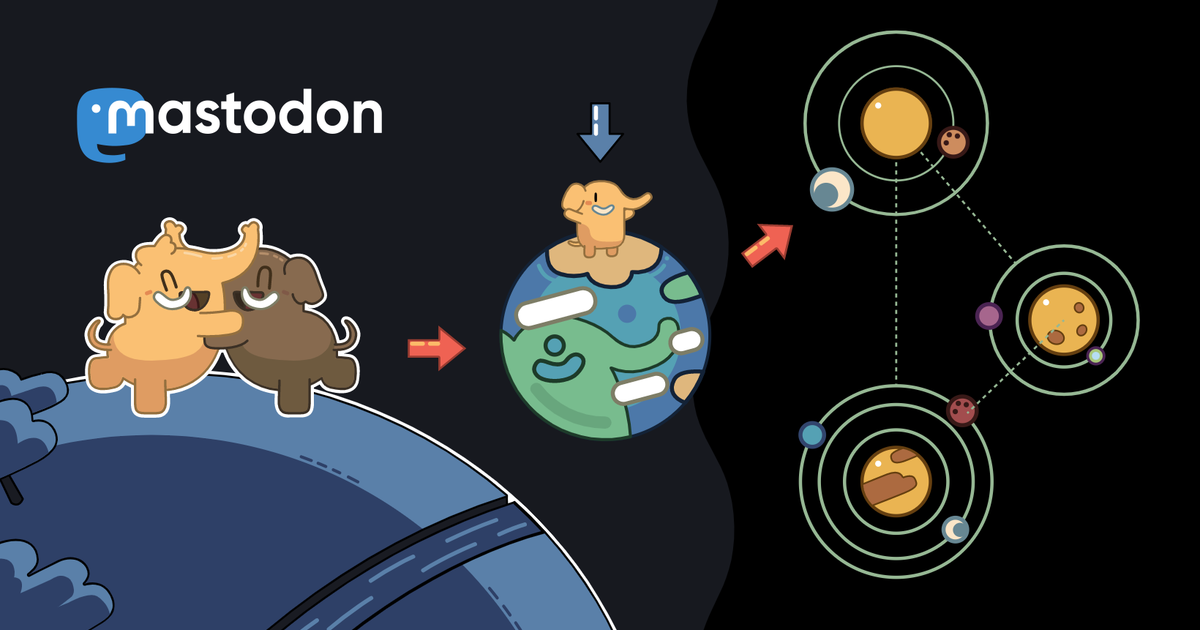Our first ebook is out!
"Lifewide Learning in Postdigital Societies: Shedding Light on Emerging Culturalities" edited by @LuisaContiEU and @FergalLenehan @unijena.
This is a long highlighting the different chapters. The book is #openAccess, check it out:
https://www.transcript-verlag.de/978-3-8376-6889-6/lifewide-learning-in-postdigital-societies/
(1/14)
#postdigital #LifewideLearning
The inaugural volume of our "Studies in Digital Interculturality" series is based on contributions to the first ReDICo E-Co-Conference “Lifewide Learning: Transformations and New Connections in Postdigital Societies” (29 June- 1 July 2022) and centres on the harnessing of the digital sphere’s potential to foster intercultural competence.
(2/14)
Post übersetzen
The book opens with the flash fiction piece "Of Wineapples and Acorns" by award-winning Irish author Nuala O’Connor reacting to the topic of “digital interculturality”, written especially for the ReDICo conference. (3/14)
The introduction "From Interculturality to Culturality: The Bridging Function of Postdigital Lifewide Learning" by @LuisaContiEU @unijena lays out the premise and scope of the volume. (4/14)
“Scimification: Holistic Competence Scenario Development and the Example of Virtual Intercultural Escape Rooms and Simulation Games” by the late Jürgen Bolten explores opportunities presented by digitalization in the development of creative educational approaches. (5/14)
In "Intercultural Learning as an Interactional Achievement in a Digital Space" @mendesdeoliveira and Mario Antonio Tuccillo @unipotsdam conduct an investigation into interactional patterns in an online simulation game fostering intercultural learning in remote virtual teams. (6/14)
In "Learning About Colonialism by Scrolling? The Twitter Thread as Lifewide Textual Offer and Cosmopolitan Potentiality" @FergalLenehan @unijena explores informal learning processes within social media delving into threaded conversations on Twitter about European colonialism.
(7/14)
In "Exploring the Interplay of Lifewide Learning, Migration, and Social Network Sites in the Postdigital Field of Action" @Yolandalopezgarcia @tuchemnitz conducts a multimodal analysis of two Facebook groups in which Latin American migrants in Europe co-create a common ‘E-maginary’.
(8/14)
In "Does Integration Still Take Place ‘at the Local Level’? Challenging a German Integration Paradigm in a Postdigital World" Roman Lietz and Magdalena Loska critically dissect the traditional German discourse on integration in light of the postdigital reality of migrants. (9/14)
In "Buddy-Culture Goes Viral: Meaning & Potentiality of the Buddy-Approach in and Outside Formal Educational Settings" @LuisaContiEU, Janice Darmanin, Christine Fenech, and Klara Räthel present a hybrid concept developed by the Horizon 2020 project KIDS4ALLL (Key Inclusive Development Strategies for Lifelong Learning) to enhance inclusion of young migrants. (10/14)
In "Global Classroom: Postdigital Connecting Across Continents" Siobhan Brownlie examines whether an initiative undertaken by three universities could foster the emergence of a “small culture” and a postdigital critical cosmopolitan perspective among participants.
(11/14)
In "Virtual Exchange as a Mechanism for Digital Education" Rawan Tahboub @unijena reflects on the transformative impact of VE as a concept and practice, arguing for the methodology's potential in promoting peace education. (12/14)
In "Digital Competences in the Educational Sphere: A Case Study From Italy" Tanja Schroot, Giulia Maria Cavaletto, and Roberta Ricucci from the KIDS4ALLL project highlight the challenges posed by limited digital competence in the realm of pedagogical practice.
(13/14)
Huge thanks to all the authors and contributors, to artist Akemi Paz for the illustrations, to the publisher [transcript] and to @bmbf_bund for the generous funding.
(14/14)

![Cover of Lifewide Learning in Postdigital Societies
Shedding Light on Emerging Culturalities
Luisa Conti, Fergal Lenehan (eds.)
[transcript] Studies in Digital Interculturality](https://media.mstdn.social/media_attachments/files/111/966/543/355/650/631/small/793ecbf749c23bee.png)